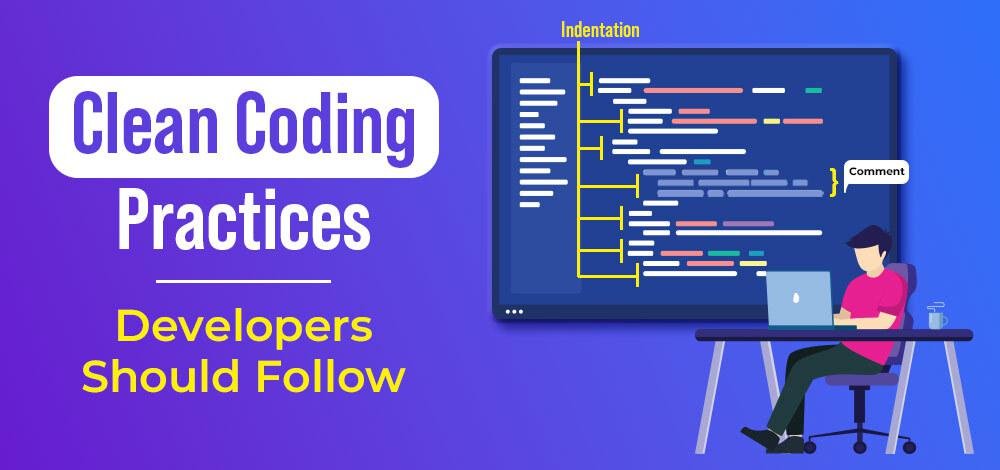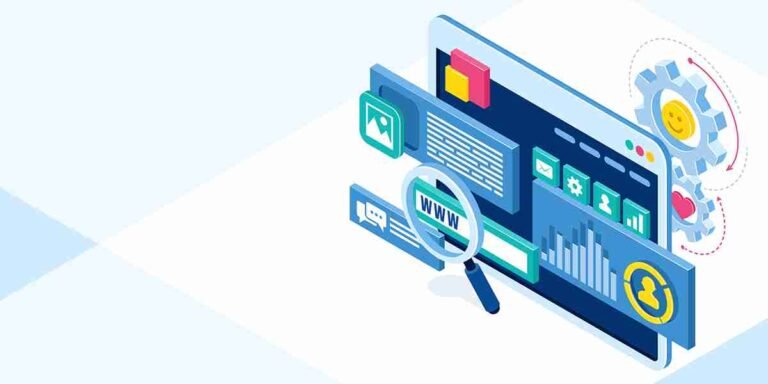PHP Development Best Practices to Follow for Clean Code

At Mountain Techo System, we understand that writing clean, maintainable, and efficient code is key to successful PHP development. In this guide, we’ll explore the best practices that every PHP developer should follow to ensure their codebase is not only functional but also scalable and easy to maintain. Clean code leads to fewer bugs, faster development, and long-term success for your projects.
Writing clean code is a fundamental practice in software development. For PHP developers, adhering to best practices ensures your applications are reliable, easy to debug, and scalable over time. Clean code doesn’t just make life easier for developers; it also benefits the entire team and project stakeholders by making the codebase easier to understand, modify, and extend.
At Mountain Techo System, we prioritize the importance of following best practices in PHP development. Whether you’re a novice or an experienced developer, these practices will help you write efficient, maintainable, and readable code, boosting productivity and reducing technical debt.
Why Clean Code Matters?
Clean code improves the readability and maintainability of your projects. When developers follow best practices, they can collaborate more effectively, reduce bugs, and simplify future updates. Moreover, clean code ensures your application is scalable, as new features or changes can be easily integrated without introducing technical issues.
PHP Development Best Practices for Clean Code:
- Follow PSR Standards (PHP-FIG)
- Adhering to the PHP Standards Recommendations (PSR) ensures consistency in code style across your projects. This includes guidelines for naming conventions, autoloading, and code formatting. Following these standards allows for better collaboration with other developers and integration with external libraries.
- Use Meaningful Variable and Function Names
- Avoid using ambiguous or short variable names. Instead, use descriptive names that convey the purpose of the variable or function. For example, use
$userEmailinstead of$ue. Meaningful names make it easier for others (and yourself) to understand the code at a glance. - Keep Functions Small and Focused
- A function should do one thing, and it should do it well. Break large functions into smaller, manageable pieces that handle a single responsibility. This promotes reusability, easier testing, and better readability.
- Write Comments and Documentation
- Code comments should explain why something is done, not what is done (the code itself should make the “what” clear). In addition, document your codebase to ensure that other developers can understand your work without additional explanations. Proper documentation helps with onboarding new developers and provides clarity for future updates.
- Avoid Code Duplication
- Duplicate code increases the risk of bugs and makes the code harder to maintain. Use functions, classes, and libraries to reuse code efficiently. If you find yourself copying and pasting code, consider creating a reusable method or function to reduce redundancy.
- Use Dependency Injection
- Dependency Injection (DI) is a design pattern that improves testability and flexibility by decoupling components. It ensures that a class or function receives the dependencies it needs rather than creating them internally. DI enhances code reusability and makes your code easier to test and maintain.
- Leverage Object-Oriented Programming (OOP)
- OOP principles like encapsulation, inheritance, and polymorphism help in creating modular and reusable code. By using classes and objects, you can organize your code logically, making it easier to extend and manage.
- Error Handling and Logging
- Implement proper error handling using
try-catchblocks and avoid exposing sensitive error messages to end-users. Logging errors and exceptions helps in identifying and resolving issues more effectively, especially in production environments. - Test Your Code
- Write unit tests and conduct automated testing to ensure your code works as expected. Tools like PHPUnit can help you write and execute tests for individual components of your application, allowing for quicker detection of bugs and preventing regressions during development.
- Keep Your Code DRY (Don’t Repeat Yourself)
- The DRY principle encourages eliminating repetitive code and logic. Repeated code should be refactored into functions or classes, making your codebase more efficient and easier to maintain.
How Clean Code Improves PHP Development:
- Improved Collaboration: Clean, well-documented code makes it easier for teams to collaborate and reduces the chances of miscommunication.
- Faster Debugging and Maintenance: When bugs arise, clean code enables quicker diagnosis and fixes.
- Enhanced Scalability: Clean code makes it easier to add new features, optimize performance, or modify existing functionality without introducing bugs.
- Better Performance: A clean, optimized codebase runs faster, leading to better user experiences.
At Mountain Techo System, we adopt these PHP best practices to ensure that our code is not only effective but also clean, maintainable, and future-proof. We believe that writing clean code is a key ingredient to delivering successful projects and creating robust applications for our clients.














